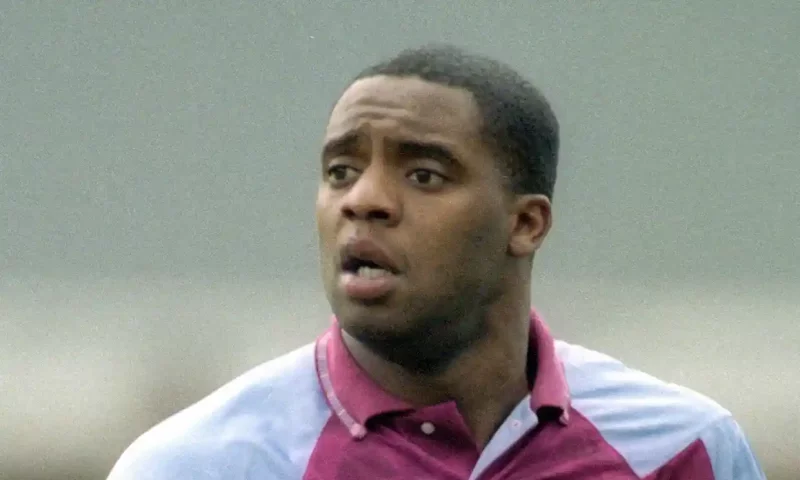We can stop the police brutality that killed Dalian Atkinson, but let’s first admit there is a problem
Share
Explore Our Galleries
Breaking News!
Today's news and culture by Black and other reporters in the Black and mainstream media.
Ways to Support ABHM?
By Leroy Logan, The Guardian
The debate over this case has been delayed but it must happen to stop ‘rogue’ officers using excessive force against Black people

Benjamin Monk, a police officer who used and abused his power to kill the former footballer Dalian Atkinson, is now over a year into an eight-year prison sentence for manslaughter. Yet, for legal reasons, only now – after his fellow arresting officer Mary Ellen Bettley-Smith was cleared of assaulting the former footballer – are we free to comment on the case.
No one who heard about this killing – certainly no one who has, like me and so many others, pulled on a police uniform and endeavoured to serve the public – can ever forget it.
[…]
Despite the delays it’s vital now that there is a public debate – that we consider the true gravity of what happened and what it means for policing. Monk’s conviction was the first time in 35 years that an officer has been found guilty over a death in the line of duty. It’s believed to be the first time ever for a Black victim. In my time as an officer I saw other deaths in police contact cases where, despite seemingly compelling evidence – and in some cases after an unlawful killing verdict at the inquest – there was never any criminal conviction, and often no trial at all.
Some will compare Monk’s actions with those of the Minneapolis officer Derek Chauvin, who took the life of George Floyd. Both officers used sustained and unacceptable levels of force long after their victim posed any risk.
And though racism was not raised as an issue in Monk’s trial, it seems clear that the UK and US police have similar cultures when it comes to the policing of Black communities. In both countries Black men are disproportionately on the receiving end of excessive force that can lead to their death.
Logan’s opinion piece examines police violence in the UK.
Another nation, Israel, has similarly experienced a BLM moment.
Check out more stories like this.











Comments Are Welcome
Note: We moderate submissions in order to create a space for meaningful dialogue, a space where museum visitors – adults and youth –– can exchange informed, thoughtful, and relevant comments that add value to our exhibits.
Racial slurs, personal attacks, obscenity, profanity, and SHOUTING do not meet the above standard. Such comments are posted in the exhibit Hateful Speech. Commercial promotions, impersonations, and incoherent comments likewise fail to meet our goals, so will not be posted. Submissions longer than 120 words will be shortened.
See our full Comments Policy here.